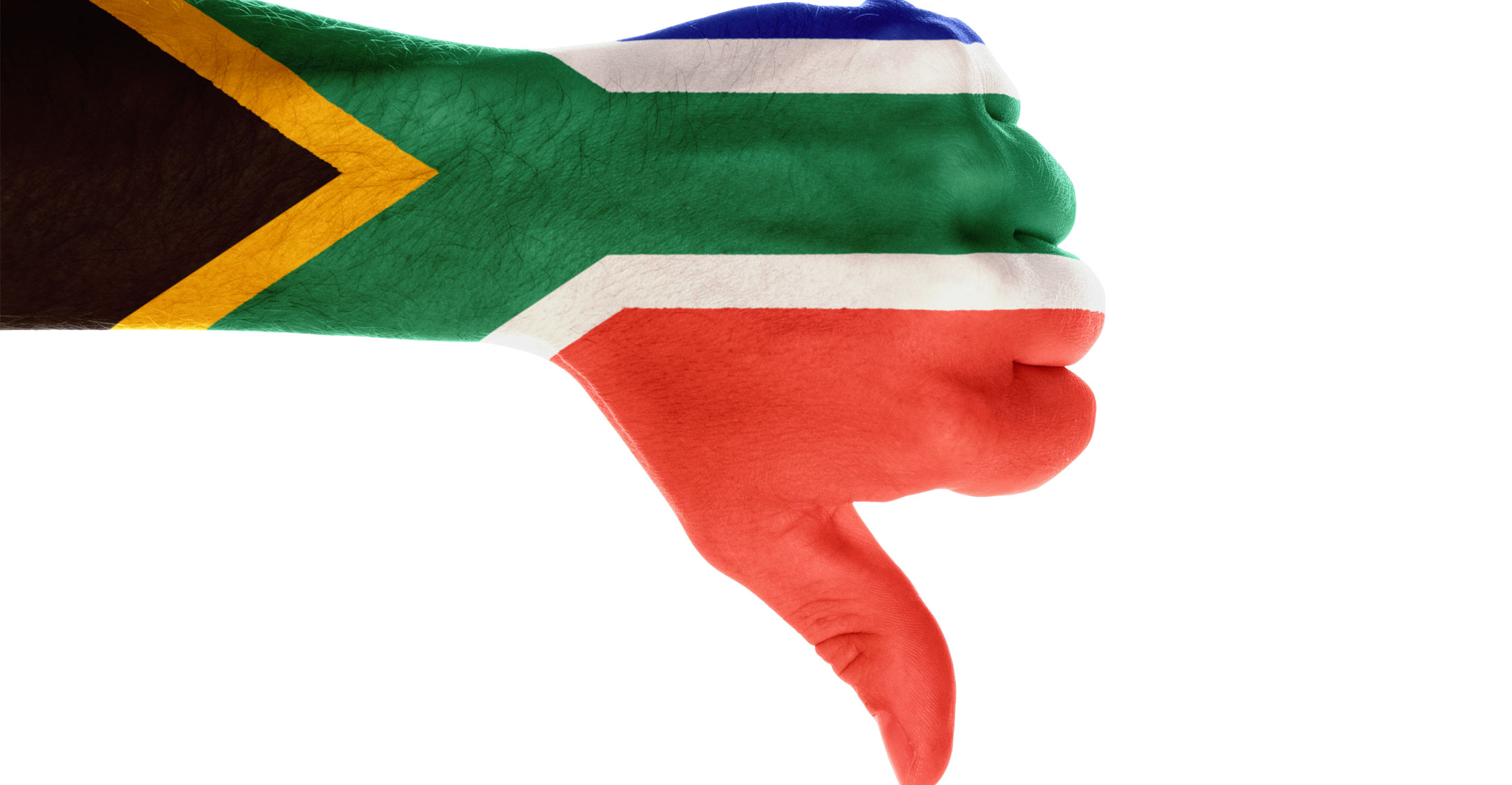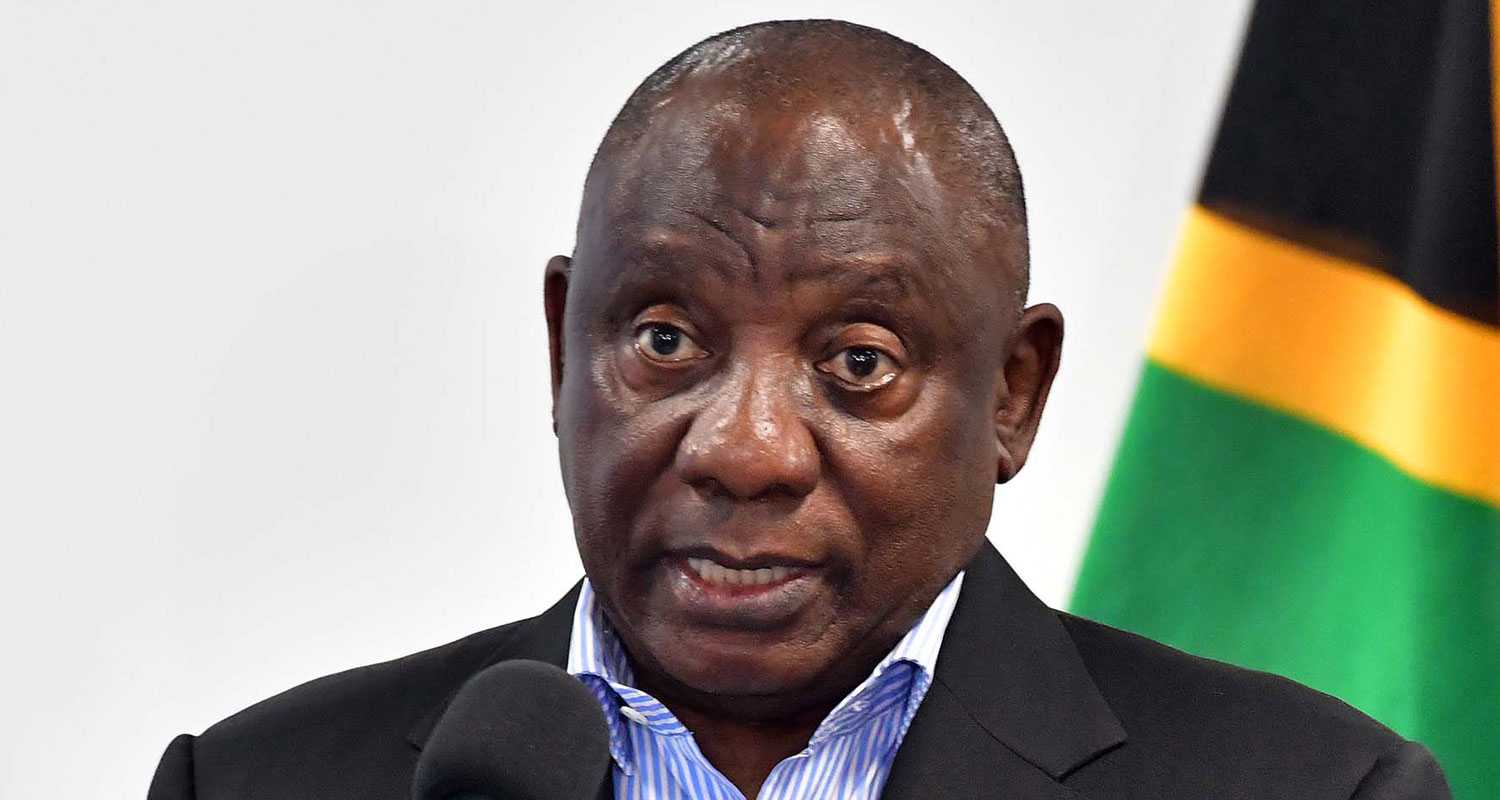 The seeds of a stronger global economy were sown this week. Too bad South Africa, on which so much optimism was once bestowed, will struggle to enjoy the upswing — when it comes. The prolonged political travails of the ANC diminish the country’s outlook.
The seeds of a stronger global economy were sown this week. Too bad South Africa, on which so much optimism was once bestowed, will struggle to enjoy the upswing — when it comes. The prolonged political travails of the ANC diminish the country’s outlook.
An emerging-market darling in the years after the collapse of the apartheid regime in the 1990s, South Africa has failed to live up to its early promise.
A succession of scandals and factional unrest in the ANC, the party Nelson Mandela led to power three decades ago, mar the outlook. Contributing to that restiveness are sky-high levels of unemployment that few governments could survive, let alone feel secure enough to lay strong foundations for sustained growth.
Those are strikes against South Africa before we even get to the current crisis; they are a vital backdrop to the profound sense of disappointment that pervades the nation and its economy. Investors tend to loath political instability, unless you have a reserve currency, which South Africa doesn’t.
The news for the government in recent days is about as bad as it can get: President Cyril Ramaphosa, a former businessman tipped to do great things when he took over from the scandal-plagued Jacob Zuma almost five years ago, is in peril after a panel found he may have violated the constitution in connection with the theft of US$580 000 stashed at his farm. Demand for South African assets collapsed on Thursday, with the rand sliding and the yield on government bonds soaring.
The response was also telling for reasons that reach beyond South Africa’s shores but reflect forces that will shape its financial and economic conditions. Global markets have been buoyed this week by indications the US Federal Reserve will soon shift to a more moderate pace of interest rate hikes, and indications that China is dismantling the more draconian aspects of its Covid-Zero policy. Bloomberg Economics projects China’s economy will be fully re-opened by mid-2023. South Africa was left behind by the rally.
Brakes
Rapid monetary tightening, especially by the Fed, and the subpar economic performance of China have been huge brakes on growth. The International Monetary Fund’s forecasts have been subject to frequent downgrades. A world recession is likely upon us now or waiting in the wings. The South African Reserve Bank, like monetary agencies pretty much anywhere, has also been hiking rates. While economists see the major central banks pausing or even cutting borrowing costs next year, South Africa will be hard pressed to relax. Tight policy is likely to be required to keep capital flight to a minimum.
Like most emerging markets, South Africa has never been entirely master of its own destiny. The global economic and financial cycle tends to be set in the US and, to a slightly lesser degree, China and the euro zone. Fashionable blather about decoupling and dollar decline surfaces every so often, especially during long periods when risk is seen as minimal — and then dissipates when times become more sober. In retrospect, the money that poured into Mandela’s South Africa was a product of the 1990s capital boom as much as relief the country was no longer a pariah. The end of apartheid brought with it the disbandment of comprehensive sanctions designed to cripple the old regime.
The prognosis isn’t unreservedly gloomy. South Africa isn’t Turkey. The central bank is credible and sets rates independently; it doesn’t operate in an unorthodox world where higher rates are seen as fostering inflation, rather than the other way around. It’s a good thing that South Africa’s political system, for all its flaws, allows for a leader to be removed for misdeeds.

If the world begins an economic recovery in 2023, South Africa is unlikely to miss out entirely. But with a jobless rate approaching 33%, state-backed firms struggling to pay debts, streets without basics like electricity and water, it will take more than a global upswing to treat the country’s ills. The ANC continues to haemorrhage support, though insufficiently to eject it from power. An unenviable combination.
It’s all a long way from the heady days when the coolest thing was to be seen as betting on the new multiracial South Africa. Top US officials lined up to visit and proclaim their optimism. I was in Malaysia in the 1990s when South Africa was a key destination for the nation’s conglomerates. Government-backed firms led the charge; Mahathir Mohamad, Malaysia’s longest-serving prime minister, had been a big supporter of the ANC during its time in the wilderness.
Petroliam Nasional, Malaysia’s state energy company, is now seeking a buyer for its majority stake in Engen, South Africa’s largest fuel station chain. Mahathir is gone from the political scene, having lost his seat in parliament last month. The world’s love affair with South Africa has passed, too, tragically. — Daniel Moss, (c) 2022 Bloomberg LP

